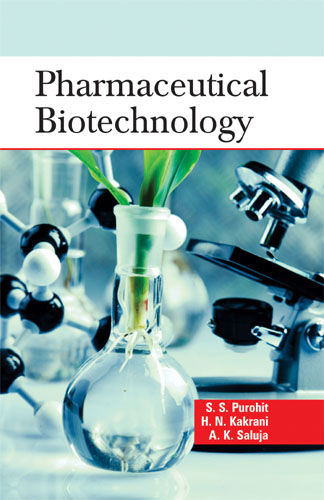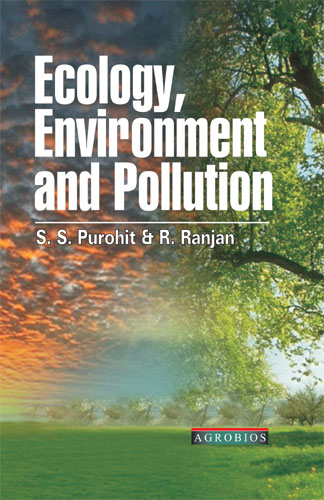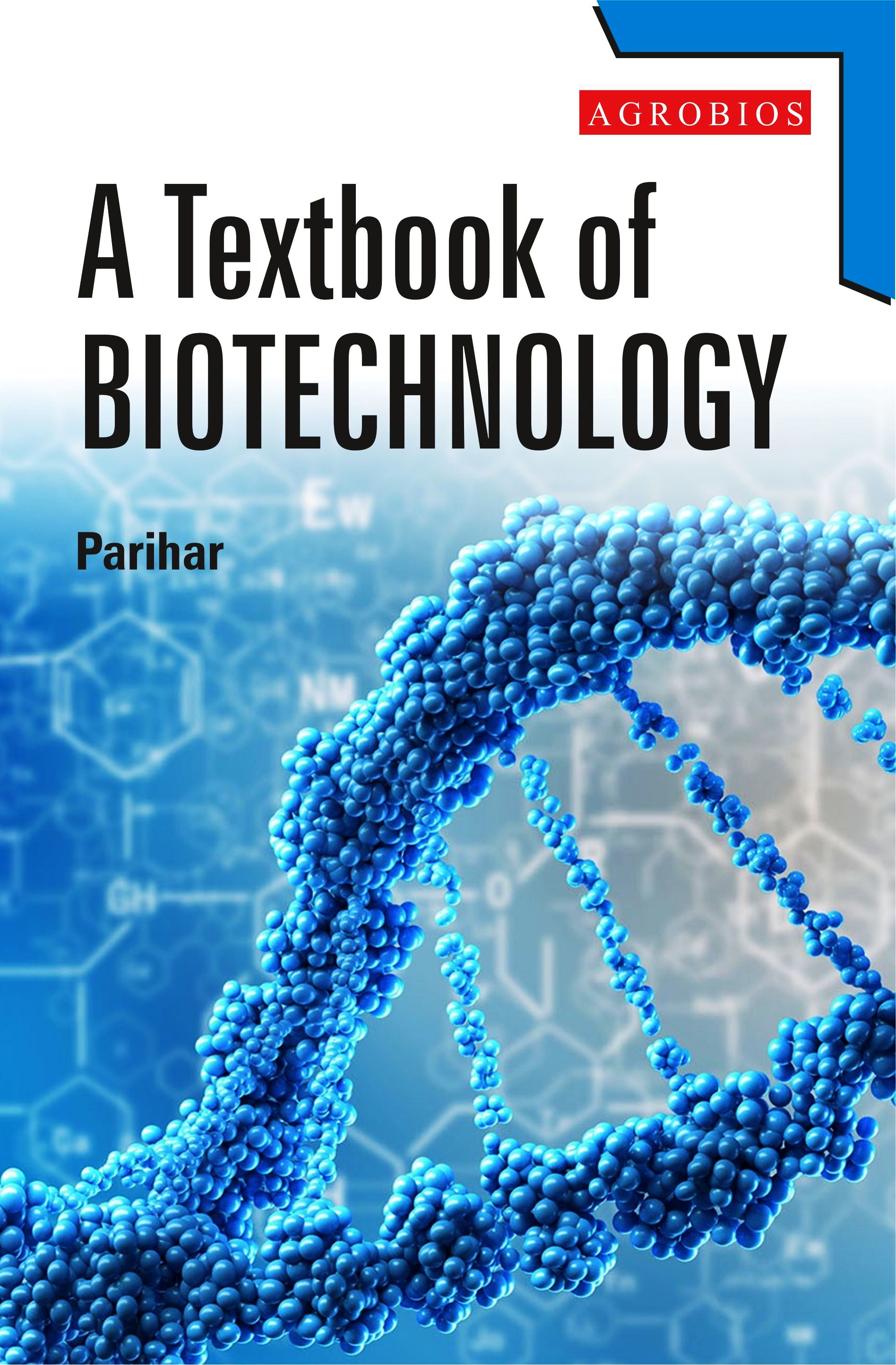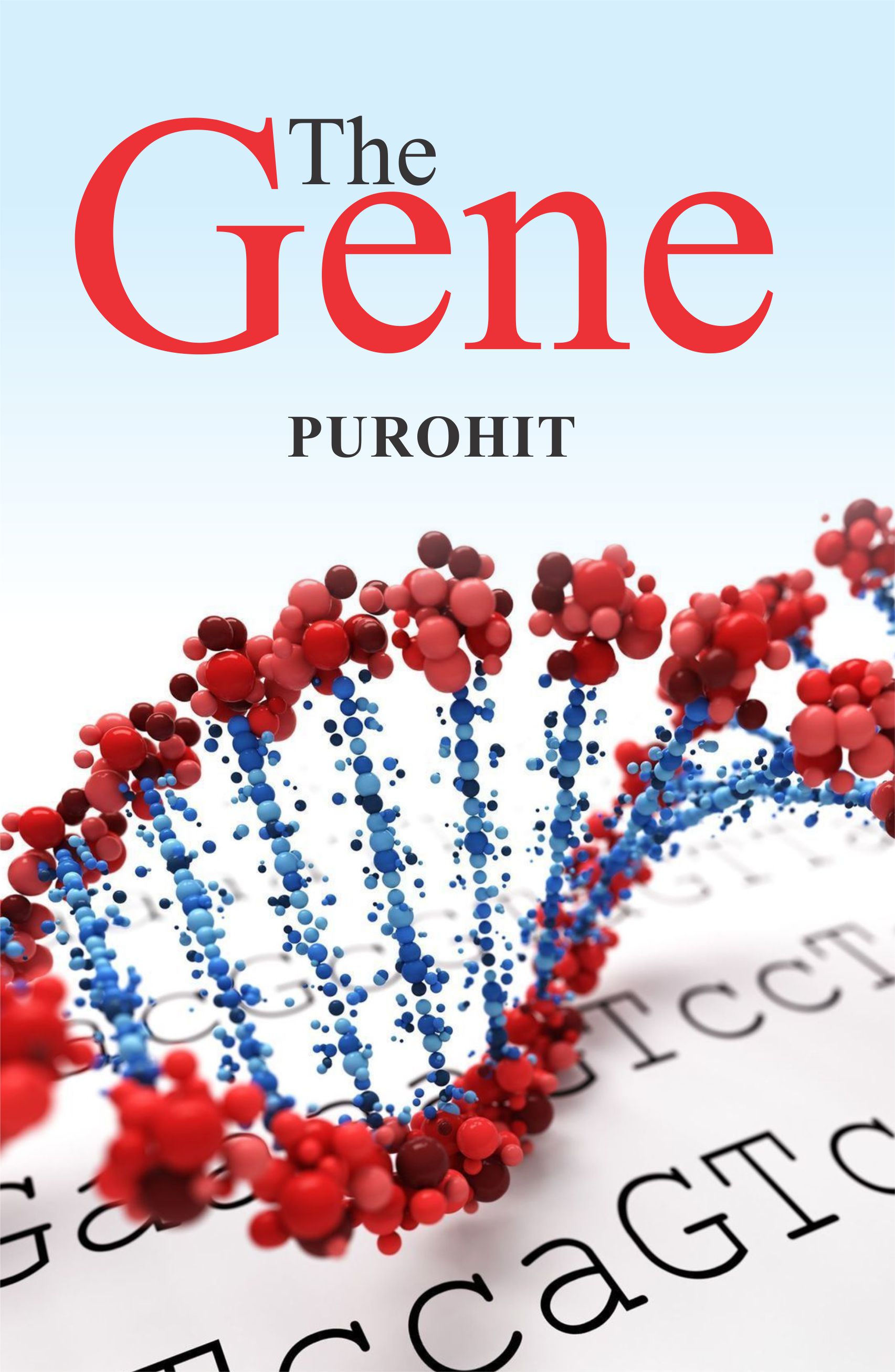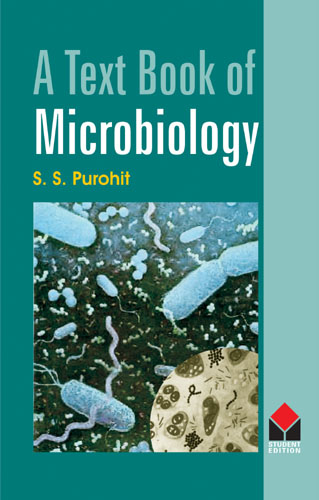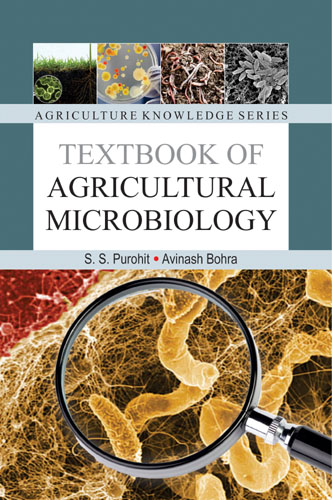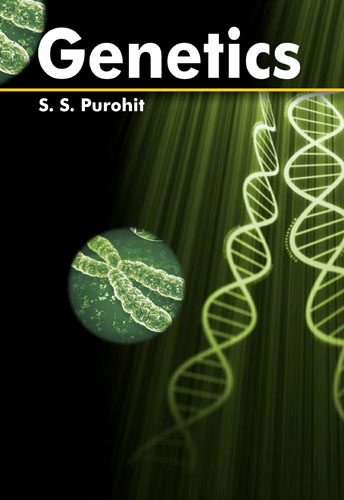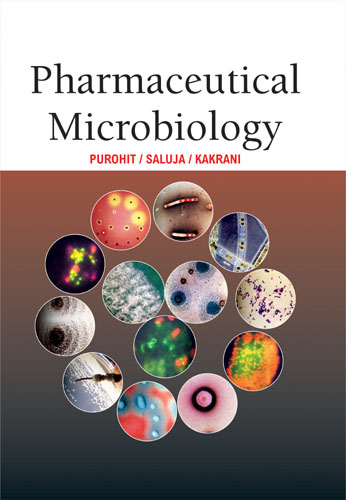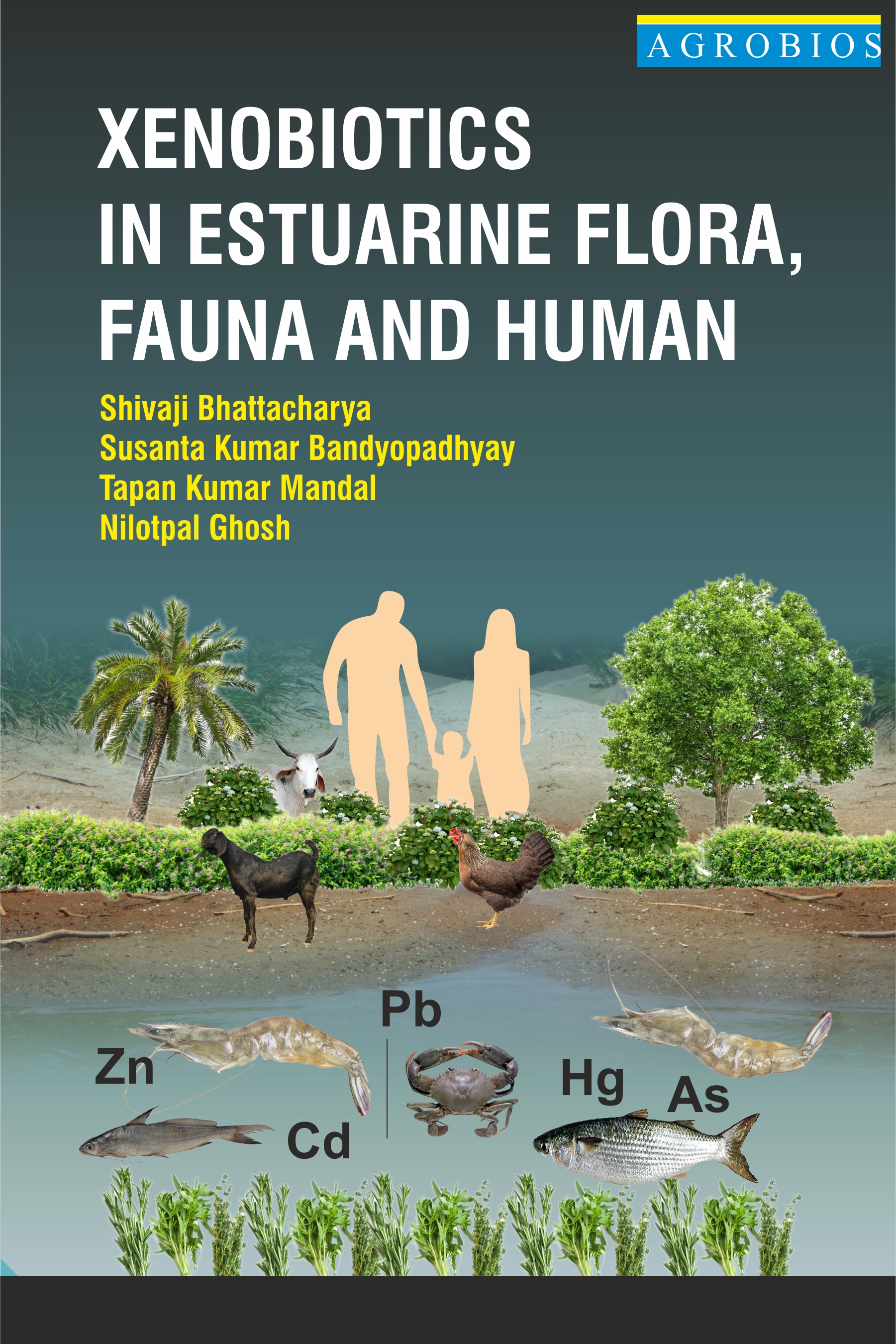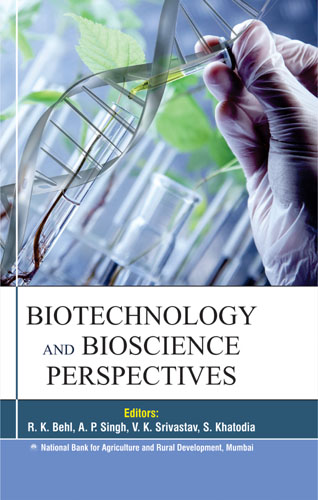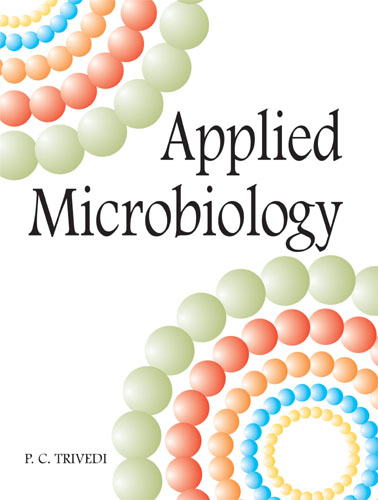Pharmaceutical Biotechnology
One should respect the power of biotechnology and apply it for the benefit of humankind.
Biotechnology in pharmaceutical industry employs techniques of modern molecular biology to help humankind. Pharmaceutical biotechnology works to make manufacturing processes more efficient in industrial production of pharmaceutical products. Biotechnology will transform the industrial sector in much the same way that it has changed the pharmaceutical sector.
Pharmaceutical Industrial Biotechnology companies develop biocatalysts, such as enzymes, to be used in chemical synthesis. Enzymes are proteins produced by all living organisms. In humans, enzymes help digest food, signal cells to turn on and off, and perform other complex functions. Enzymes are characterized according to the compounds they act upon. Some of the most common enzymes are proteases, which break down protein; celluloses, which break down cellulose; lipases, which act on fatty acids and oils; and oils; and amylases, which break starch down into simple sugars. To improve the productivity-to-cost ratio, scientists are modifying genes to increase enzyme productivity in microorganisms commonly used in manufacturing. They also use genetic engineering to make other microbial enzymes that are too expensive or even impossible to cultivate. The biotechnology techniques of protein engineering and directed protein evolution have been used to modify the substrate specificity of enzymes, improve catalytic properties or broaden the reaction conditions under which enzymes can function so that they are more compatible with existing industrial processes. Companies involved in industrial biotechnology are constantly striving to discover and develop high-value enzymes and bioactive compounds that will enhance Current industrial processes.
The present book is an attempt to provide overall information to the readers interested in Pharmaceutical Biotechnology.
Dr. Purohit SS
 555
555 - Pharmaceutical Biotechnology: An Introduction
- Biological Genetics and Variations in Characters of Microbes
- Concepts, Perspectives and Techniques of Microbial Genetic and Protein Engineering
- Techniques of Recombinant DNA Technology for Production of Biologicals
- Animal Cell and Tissue Culture
- Hybridomas Technology and Monoclonal Antibodies
- Gene Therapy
- Microbes in Pharmaceutical Industry
- Development of Industrial Microorganisms
- Culturing of Industrial Microorganisms
- Industrial Fermenters
- Production of Antibiotics
- Production of Vitamins
- Production of Ergot Alkaloids
- Other Primary Metabolites of Pharmaceutical Uses
- Biotransformation and Steroid Production
- Biology of Enzymes
- Production of Enzymes
- Production of Enzymes By Fermentation
- Applications of Enzymes
- Enzyme Immobilization
- Applications of Immobilized Enzymes
- Plant Tissue Culture: Basic Concepts
- Plant Tissue Culture: Methods
- Protoplast Fusion Technology
- DNA Isolation and Sequencing
- Gene Cloning Vector/Plasmid
- Methods of Gene Transfer
- Biotechnology Production of Secondary Plant Metabolites
- Appendix
- Glossary
- Subject Index
Book Details
Pharmaceutical Biotechnology
TEXT-CUM-REFERENCES BOOK
544
0
0
AMERICAN ROYAL (6X9)
1050 Gms
All Rights Reserved
M/s AGROBIOS (INDIA)
PG STUDENTS | SCIENTISTS AND RESEARCHERS | UG STUDENTS |



